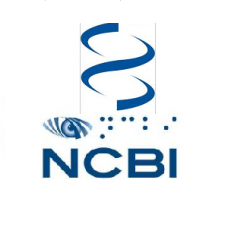Introduction: Emergency Medicine (EM) is a unique clinical learning environment. The American College of Graduate Medical Education Clinical Learning Environment Review Pathways to Excellence calls for “hands-on training” of disclosure of medical error (DME) during residency. Training and practicing key elements of DME using standardized patients (SP) may enhance preparedness among EM residents in performing this crucial skill in a clinical setting. Methods: This training was developed to improve resident preparedness in DME in the clinical setting. Objectives included the following: the residents will be able to define a medical error; discuss ethical and professional standards of DME; recognize common barriers to DME; describe key elements in effective DME to patients and families; and apply key elements during a SP encounter. The four-hour course included didactic and experiential learning methods, and was created collaboratively by core EM faculty and subject matter experts in conflict resolution and healthcare simulation. Educational media included lecture, video exemplars of DME communication with discussion, small group case-study discussion, and SP encounters. We administered a survey assessing for preparedness in DME pre-and post-training. A critical action checklist was administered to assess individual performance of key elements of DME during the evaluated SP case. A total of 15 postgraduate-year 1 and 2 EM residents completed the training. Results: After the course, residents reported increased comfort with and preparedness in performing several key elements in DME. They were able to demonstrate these elements in a simulated setting using SP. Residents valued the training, rating the didactic, SP sessions, and overall educational experience very high. Conclusion: Experiential learning using SP is effective in improving resident knowledge of and preparedness in performing medical error disclosure. This educational module can be adapted to other clinical learning environments through creation of specialty-specific scenarios. [West J Emerg Med. 2018;19(1)211–215.]








